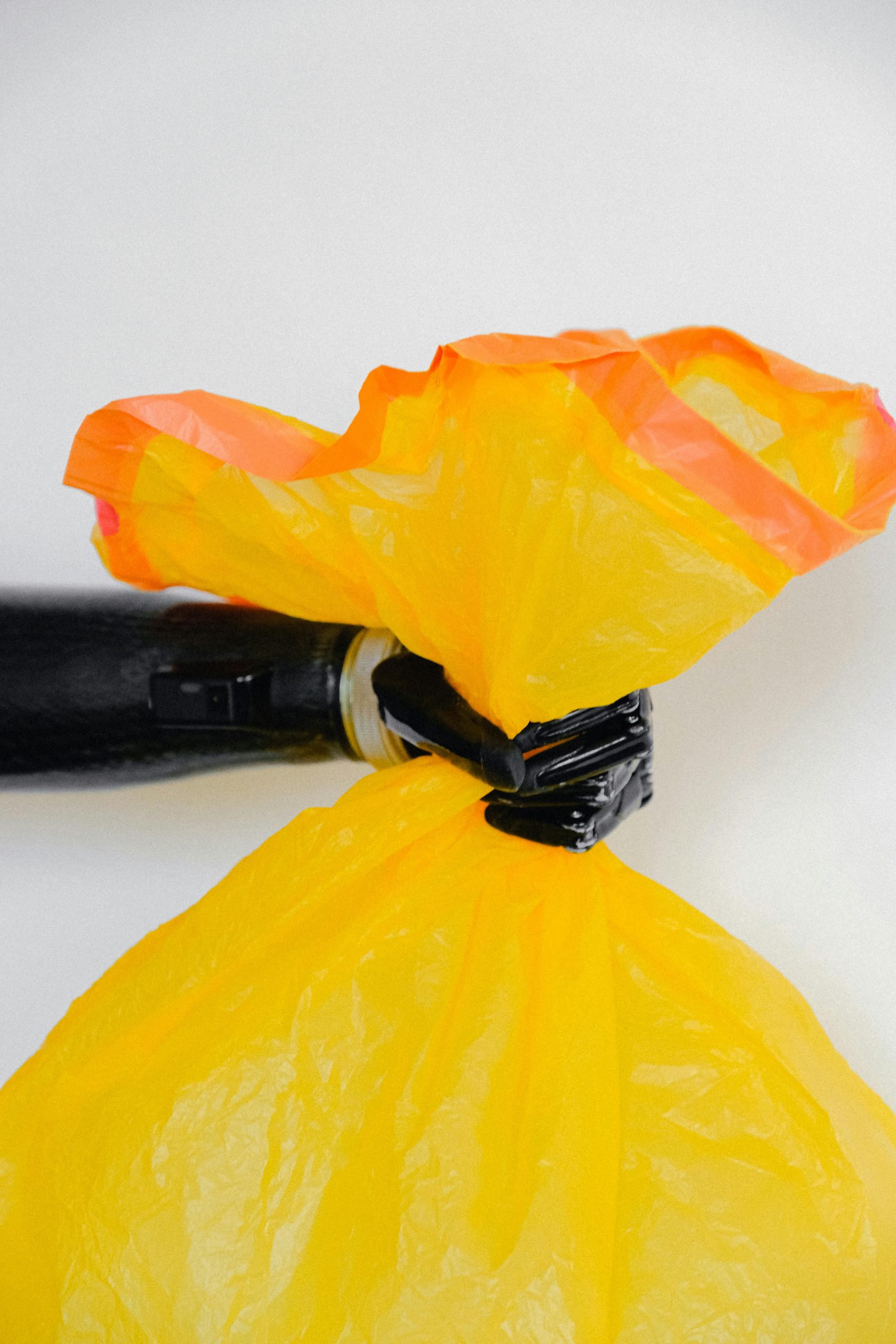As environmental awareness grows, gardeners and farmers are increasingly turning to eco-friendly fertilizers to nurture their plants without harming the planet. Traditional synthetic fertilizers, while effective, often come with hidden costs—soil degradation, water pollution, and harm to beneficial microorganisms. Eco-friendly fertilizers offer a sustainable alternative, promoting healthier soil, reducing chemical runoff, and supporting biodiversity. Whether you’re a home gardener or a commercial grower, understanding these green alternatives can help you make informed choices for a thriving, sustainable garden.
What Are Eco-Friendly Fertilizers?
Eco-friendly fertilizers are natural or organically derived products that enrich the soil without synthetic chemicals. Unlike conventional fertilizers, which often contain high concentrations of nitrogen, phosphorus, and potassium (NPK), eco-friendly options rely on organic matter, compost, and naturally occurring minerals to provide nutrients. These fertilizers work in harmony with the soil ecosystem, fostering long-term fertility rather than offering a quick, short-lived boost.
Types of Eco-Friendly Fertilizers
- Compost: Made from decomposed organic waste, compost improves soil structure and provides a slow-release nutrient source.
- Manure: Animal waste from cows, chickens, or horses adds essential nutrients and enhances microbial activity.
- Bone Meal: A byproduct of animal processing, rich in phosphorus, ideal for flowering plants.
- Seaweed Extract: Packed with micronutrients and growth hormones, it boosts plant resilience.
- Green Manure: Cover crops like clover or alfalfa are grown and tilled back into the soil to replenish nutrients naturally.
Benefits of Eco-Friendly Fertilizers
Switching to sustainable fertilizers offers numerous advantages for both the environment and your garden. Here’s why they’re worth considering:
Improved Soil Health
Eco-friendly fertilizers enhance soil structure by increasing organic matter, which improves water retention and aeration. Healthy soil teems with beneficial microbes that break down nutrients, making them more accessible to plants.
Reduced Environmental Impact
Synthetic fertilizers often leach into waterways, causing algal blooms and dead zones. Organic alternatives release nutrients slowly, minimizing runoff and protecting aquatic ecosystems.
Long-Term Sustainability
Unlike chemical fertilizers, which can deplete soil over time, organic options build fertility with each application. This creates a self-sustaining cycle that reduces the need for constant inputs.
Safer for People and Wildlife
Chemical-free fertilizers pose no risk of toxic exposure to pets, children, or pollinators like bees and butterflies. They support a balanced ecosystem where all organisms thrive.
How to Choose the Right Eco-Friendly Fertilizer
Selecting the best fertilizer depends on your soil type, plants, and gardening goals. Follow these steps to make an informed choice:
Test Your Soil
A soil test reveals nutrient deficiencies and pH levels, helping you pick a fertilizer that meets your garden’s specific needs.
Match Fertilizer to Plant Needs
Leafy greens benefit from nitrogen-rich fertilizers like compost or fish emulsion, while fruiting plants may need phosphorus-heavy options like bone meal.
Consider Application Methods
Liquid fertilizers (e.g., seaweed extract) work quickly but require frequent application, while granular options (e.g., compost) provide slow, steady nutrition.
DIY Eco-Friendly Fertilizers
Creating your own fertilizers is cost-effective and reduces waste. Here are two simple recipes:
Compost Tea
- Fill a bucket with water and add a shovel of compost.
- Let it steep for 24-48 hours, stirring occasionally.
- Strain and use the liquid to water plants for an instant nutrient boost.
Eggshell Fertilizer
- Rinse and dry eggshells, then crush them into a fine powder.
- Sprinkle around plants to add calcium and deter pests like slugs.
Conclusion
Eco-friendly fertilizers are more than just a trend—they’re a vital step toward sustainable gardening and farming. By choosing organic options, you protect soil health, conserve water quality, and support a thriving ecosystem. Whether you opt for store-bought products or DIY solutions, every small change contributes to a greener future. Start experimenting with these natural alternatives today, and watch your garden flourish while keeping the planet healthy for generations to come.
